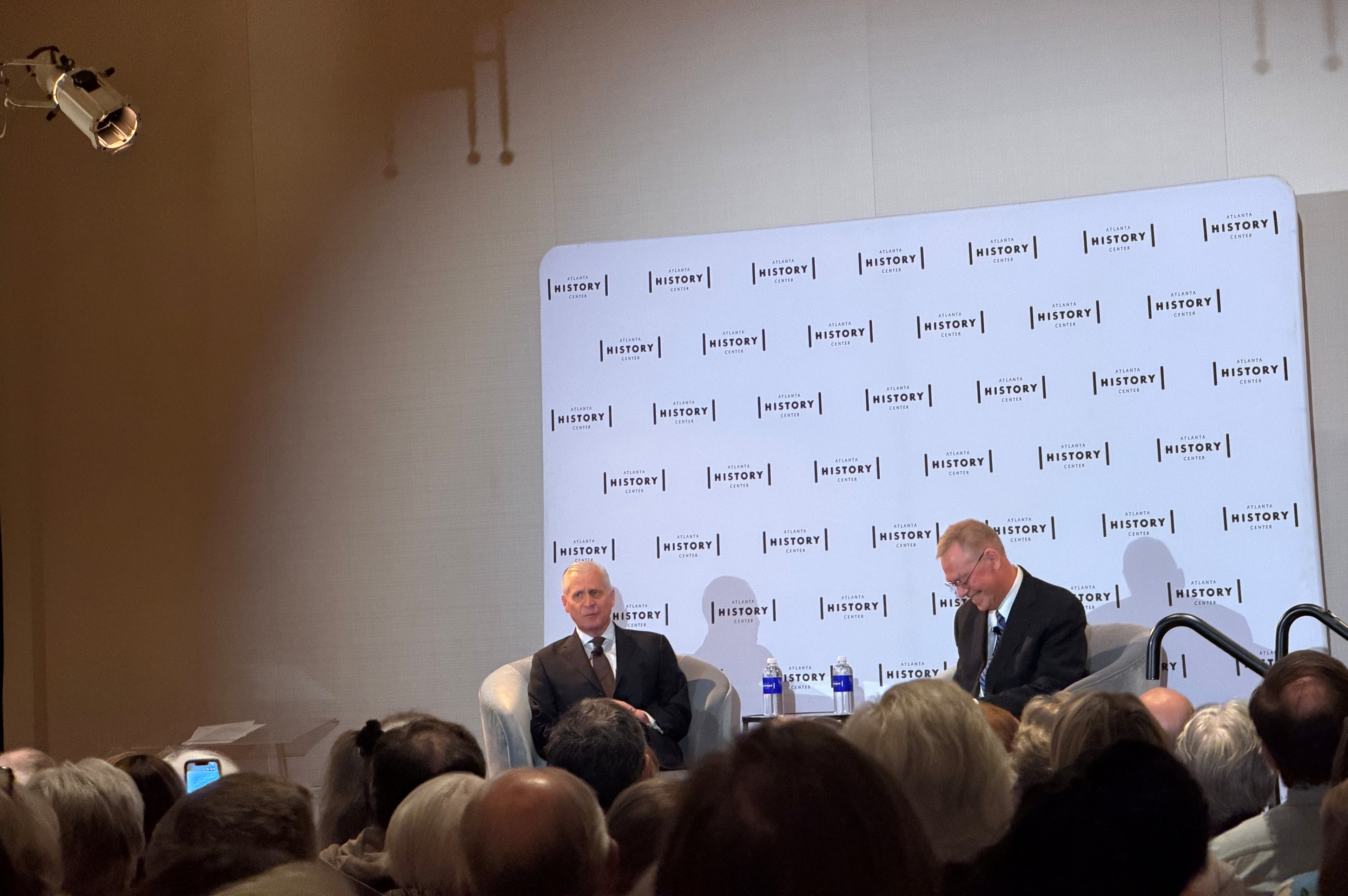Obama, Boehner should just say no
In Washington and across the country there’s understandably a great deal of speculation on whether President Barack Obama and the incoming speaker of the House, John Boehner, can work together and on what issues.
Here’s a suggestion on where to start.
Stop.
Stop smoking.
The congressman from Ohio acknowledges that he is addicted to cigarettes.
While there have been reports the past few days that the president has stopped smoking, what we know for certain is that in his last physical Obama was advised to end his habit of sneaking a smoke from time to time.
It’s not clear that he has. Press secretary Robert Gibbs said last week that he hasn’t seen the boss with a cigarette for a while.
The latest surgeon general’s report on the effects of smoking on America’s health care costs and general well-being is one more stark reminder of the damage that smoking does.
Surgeon General Regina Benjamin says, “Tobacco smoke damages almost every organ in your body.
“One cigarette can cause a heart attack” in smokers with underlying heart disease.
John Mendelsohn, head of MD Anderson, the highly regarded Houston cancer clinic, says that if he could do one thing to dramatically cut cancer deaths in the country he would outlaw smoking.
Tobacco kills more than 443,000 Americans a year, more than 10 times the number who die in traffic accidents.
Yet for all the warnings on cigarette packages, in public service ads and in news stories about the acute dangers of smoking, an estimated 40 million Americans still smoke.
The inventory of costs is staggering: $193 billion annually in health care expenses and lost productivity attributable to tobacco-related illnesses.
A few years ago Duke University health economists conducted a detailed study on the costs of smoking.
They found that a 24-year-old male smoker would cost himself and society $220,000 in his lifetime of lighting up.
A 24-year-old woman, smoking less than her male counterpart, nonetheless would run up a tab of $106,000 over her lifetime.
The professors concluded that the average cost of a package of smokes for a male worked out to about $40.
These numbers, of course, do not include the pain and the emotional toll of watching a friend or a family member die of tobacco-related diseases.
I’ve lost seven friends to smoking-related lung cancer.
Each death was a long, agonizing experience.
After 50 years of smoking unfiltered cigarettes, my father died, too young, of a massive heart attack. He was 69. It’s almost certain that all those years of nicotine inhalation were a major contributor to his clogged arteries.
When CBS’ Bob Schieffer pressed Boehner on “Face the Nation” in September, Boehner said, “Tobacco is a legal product in America, and people have a right to decide for themselves whether to partake. Smoking is something I choose to do; maybe at some point I’ll decide I’ve had enough.”
Now is the time, Mr. Speaker-elect. You, too, Mr. President.
Make a joint appearance on the steps of the National Institutes of Health and say to the nation you’re both leading: “We have decided together that we can’t ask the American people to make sacrifices in the year ahead unless we make some sacrifices of our own for the sake of our health, our families and the nation.
“We’re quitting smoking and we ask others to join us in this critical step in restoring America’s health.”
I promise you, it would be a welcome step in clearing the air over the nation’s capital.
Tom Brokaw is a special correspondent and former “Nightly News” anchor for NBC.


